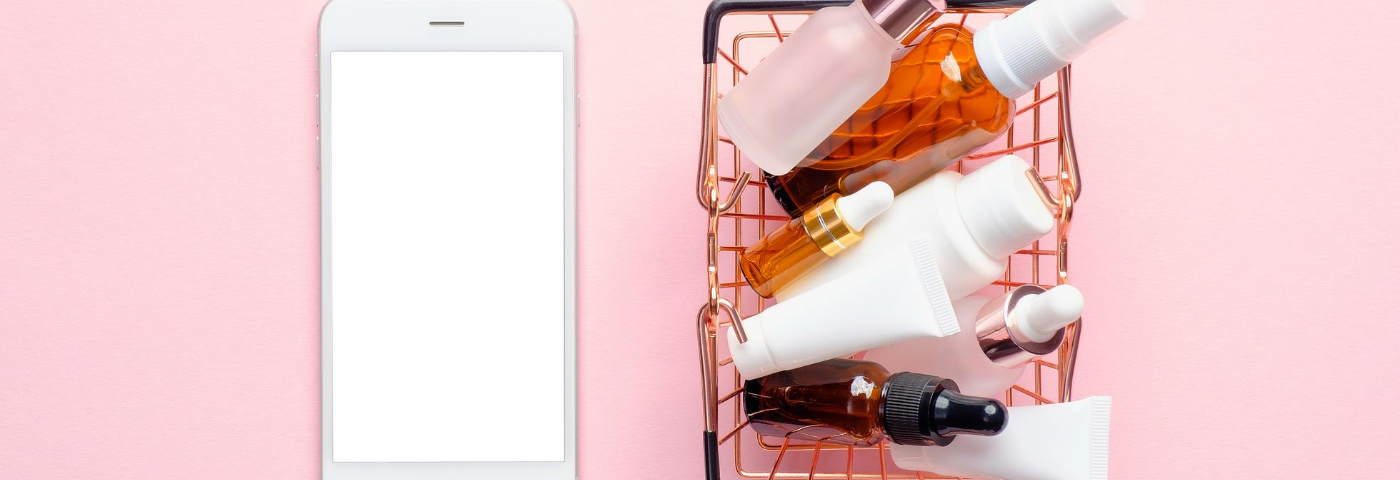L’Oréal USA targets fully sustainable packaging by 2025
As part of plans to become a fully sustainable business by 2030, the world’s largest cosmetics company says it has set itself the goal of achieving full sustainability for packaging by 2025.
The company has made the commitment following confirmation that it has joined 60 other organisations as a member of the US Plastics Pact.
“L’Oréal is committed to doing our part to protect the planet from the global climate crisis we are facing, and we are transforming our business to do so,” said Danielle Azoulay, L’Oréal USA’s head of corporate social responsibility and sustainability.
“We are proud to be part of the U.S. Plastics Pact and join over 60 organizations in working together toward system-wide change toward a circular economy for plastic in the United States.”
The US Plastics Pact is led by the Recycling Partnership and the World Wildlife Fund, as part of the Ellen MacArthur Foundation global Plastics Pact network.
The organisation is seeking to bring together public-private stakeholders across the plastics value chain to find a means of designing plastic so it can be re-used repeatedly.
L’Oréal has said it will commit to a list of packaging that it will designate as problematic or unnecessary by next year, with a view to eliminating those materials by 2025.
Concurrently, the company will also ensure all the plastics it uses for its products in the US will include plastic packaging that is 100% reusable, recyclable or compostable, make moves to ensure 50% of its packaging is recycled or compostable, and increasing the average recycled content or responsibly sourced bio-based packaging content to 30%.
China government loosens animal testing requirements
The China government has confirmed that it will no longer require important non-special cosmetics to be tested on animals in order to enter the market.
According to regulators in the country, non-special cosmetics included products such as shampoo, body wash, lotion and make-up.
The requirement to conduct animal testing has led many international brands to stay out of the China market because they are already being marketed as Vegan or Cruelty-Free in other markets.
For multinational brands that are already in the China market, it now gives greater credibility to claims that they no longer test on animals that applied in other markets, with the exception of China.
Animals rights group Peta says that is has now listed a number of major international brands to its animal test-free list, specifically Dove and Herbal Essence, among some of the biggest beauty and personal care brand names on the planet.
The new Cosmetics Supervision and Regulation act, which was finalised at the end of June, did not make specific reference to testing, which has instead be passed over to the China National Medical Products Administration (NMPA).
The NMPA has released details of sub-regulations that are currently up for analysis and public comment. Once finalised, it is expected to all for the sale of a long list of beauty and personal care products that won’t have to be tested on animals.
Hyundai Department Store acquires ingredients market SK Bioland
In Korea, the Hyundai Department Store Group has bought up biotech ingredient supplier SK Bioland from parent company SKC for just over $100 million.
Executives from the two businesses have said the acquisition is set to be completed by October, this year.
Hyundai Department Store currently has no businesses footprint in the beauty sector, so the move will prove to be a measure to diversify the business at a time when the retail sector is under significant pressure.
SK Bioland is a significant ingredients player in the South Korean beauty market, supplier leadings players such as Amorepacific, as well as multinationals such as L’Oréal, Shiseido and Clarins.
SK Bioland is specialised in anti-ageing, moisturising, skin whitening and skin protection actives, with a portfolio of 16 different ingredient technologies.
Beauty shoppers go digital in the age of Covid-19, survey finds
A new survey of over 2,000 US consumers aged 18 – 65 indicates a big rise in the number of online shoppers spending more than $50 a month on beauty products.
The survey was carried out by Tinuiti which focuses on Google, Facebook and Amazon activity to extrapolate its data.
“2020 is the year of the “Super Spenders”; we saw a 45 percent jump in shoppers who spend over $50 a month on beauty products,” said Dalton Dorné, chief marketing officer, Tinuiti.
“It may surprise people that men make up nearly 40 percent of this group. As this audience becomes increasingly diverse and valuable, beauty brands have an opportunity to evolve and connect with this audience in more meaningful ways.”
The survey also revealed that in 2020, nearly 54% of shoppers spent more than $25 on online beauty purchases, an increase of 8% compared to 2019.
However, while the spend may be up, consumer satisfaction does not reflect this, with 63% of consumers stating that brands need to do better to provide products that reflect their unique needs.
Find out what Amazon is doing to stop beauty counterfeits and more on Columbia’s ban on animal testing.

